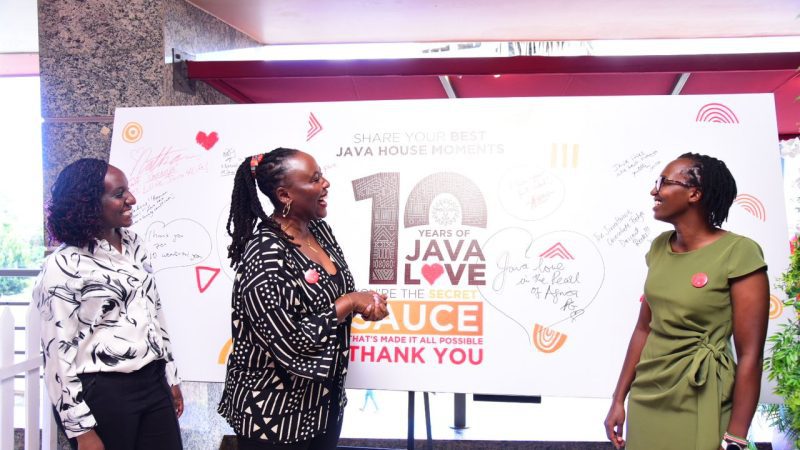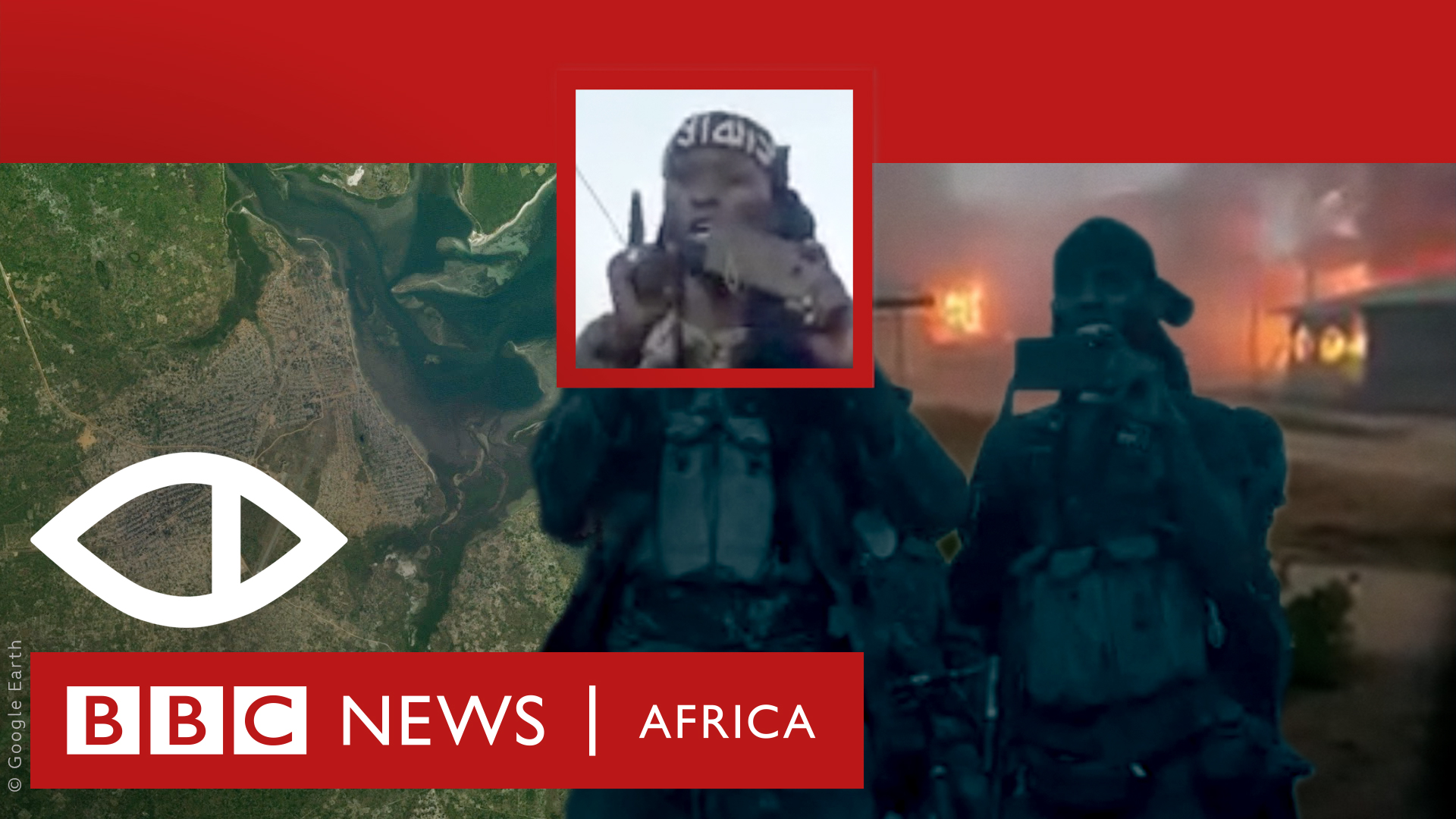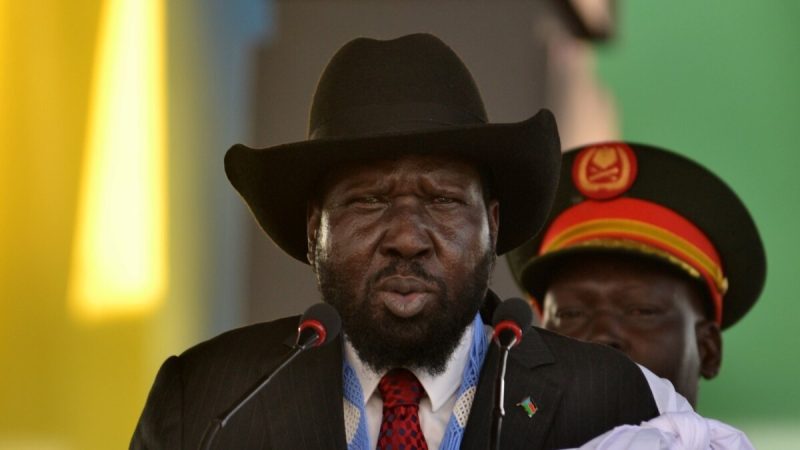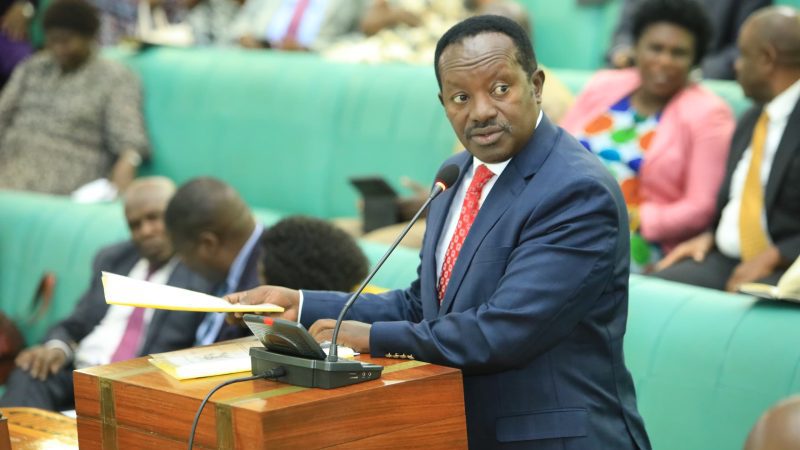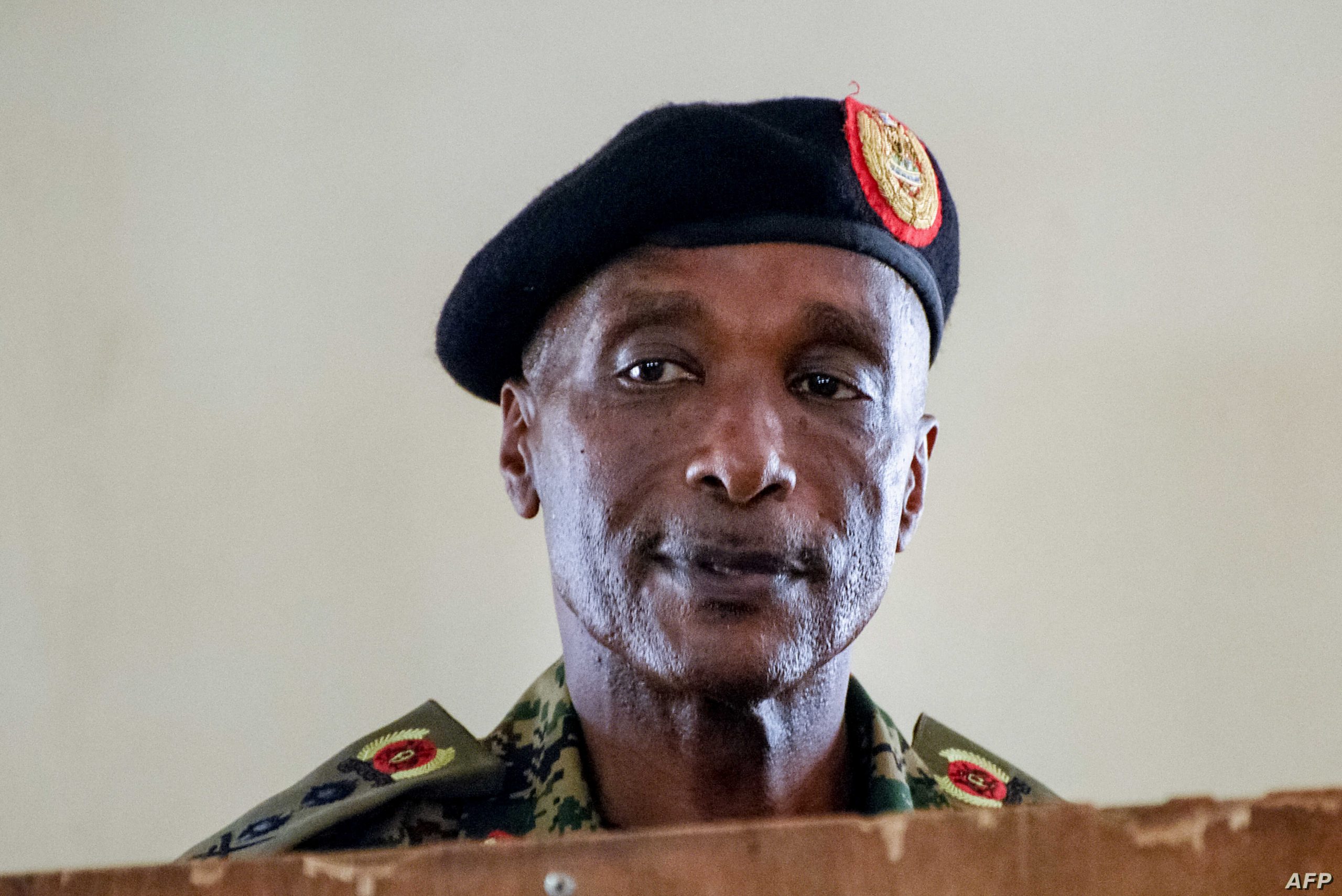Since July, a multi-nation military operation has been improving stability in Mozambique’s northernmost province, a step closer to defeating a brutal and little-understood insurgency which has been threatening to engulf the whole country and beyond.
How did a group of local militants turn into a threat requiring international military intervention? By tracking the insurgents’ movement on the ground and online, BBC Africa Eye investigates how and why Mozambique became southern Africa’s latest terrorism hotspot.
Since 2017, hundreds of raids by insurgents have ravaged Mozambique’s Cabo Delgado province. Last year, just after an attack on a major port town, some of the insurgents unmasked themselves. A man in military fatigues was seen on video warning locals no person would be spared when he and his men returned again.
The video was posted online. It became the starting point of BBC Africa Eye’s investigation into the insurgent group, which locals call by the Arabic word for youth – Al-Shabab.
Geolocation confirmed the video was filmed in Mocimboa da Praia, a port town that has been central to the evolution of the insurgency – the first armed attack, which marked the start of the war, also took place there, back in October 2017.
The insurgents returned to Mocimboa to deliver on the promise they made in the video.
Between April and August 2020, the town was almost completely destroyed and turned into an insurgent stronghold, until Rwandan and Mozambican troops regained control over it in August 2021.
Former hostages who said they escaped insurgent captivity, together with former Mocimboa residents who had fled the fighting, helped BBC Africa Eye piece together the identity of the insurgent speaking in the video. It was said this man – known as Nuro – was a ruthless commander who had long been known to the local community in Mocimboa as a neighbour, a student of the Koran and a shop keeper.
Further analysis of clues left by the insurgents in this and other videos – including their speeches, clothing, and insignia – give insight into the militants’ motivations and points to them fighting for a radical Islamist cause.
In 2019, the Islamic State (IS) group claimed the militants belonged to one of their African affiliates and started claiming some of their attacks. However, BBC Africa Eye has spoken to experts who believe there is much more to it than the Mozambican insurgents being an IS offshoot.
This, they say, is a story of home-grown radicalisation with evidence of tensions rising in Cabo Delgado years before that first violent raid in 2017. Many are asking: could the insurgency have been stopped before it took hold?
For more than 700,000 people who have fled the fighting, many with relatives who have been killed and maimed and whose livelihoods have been destroyed… peace seems still a long way off.





